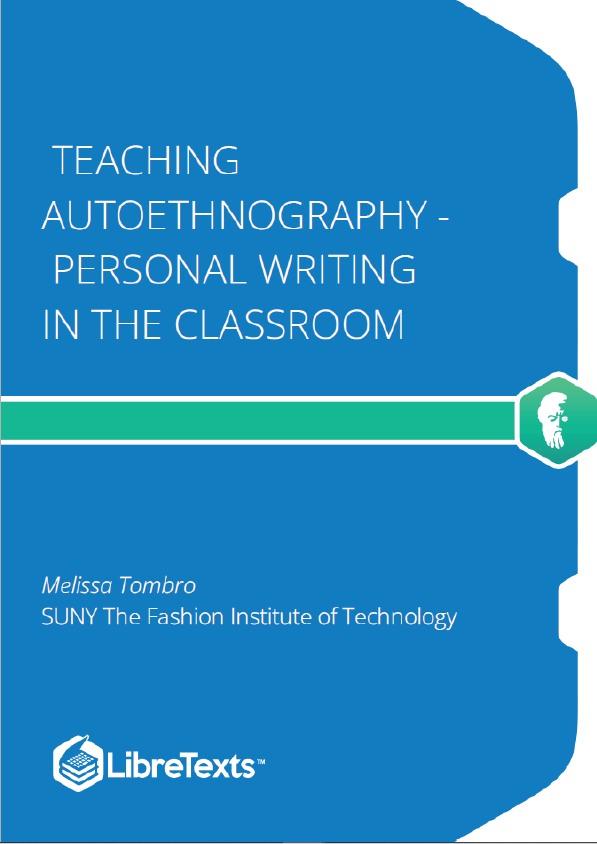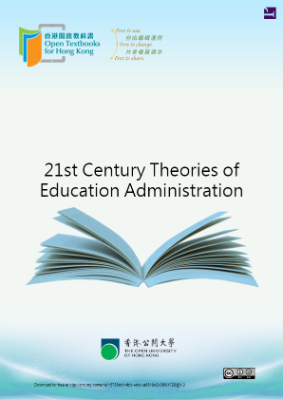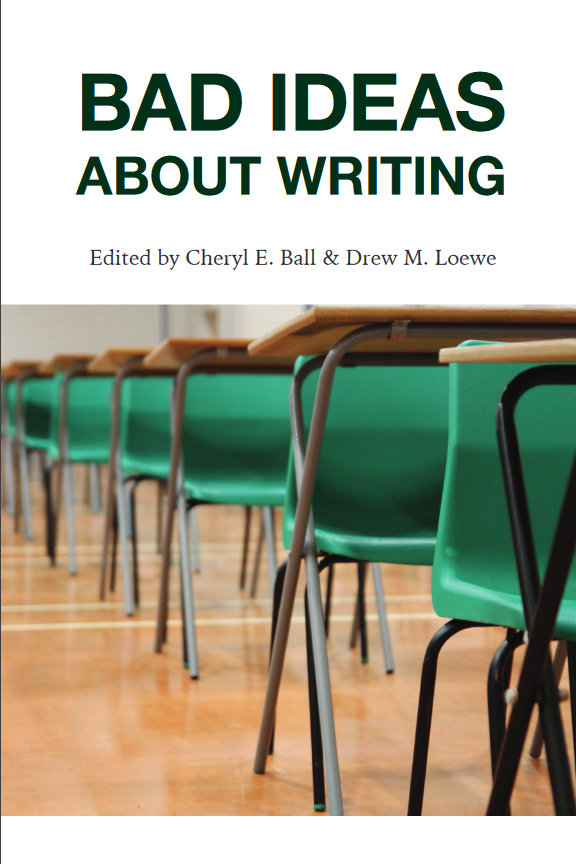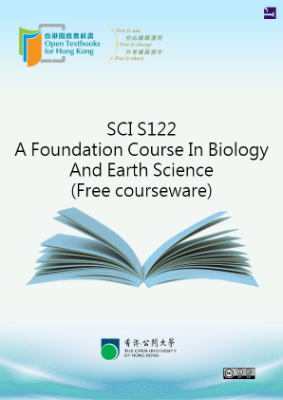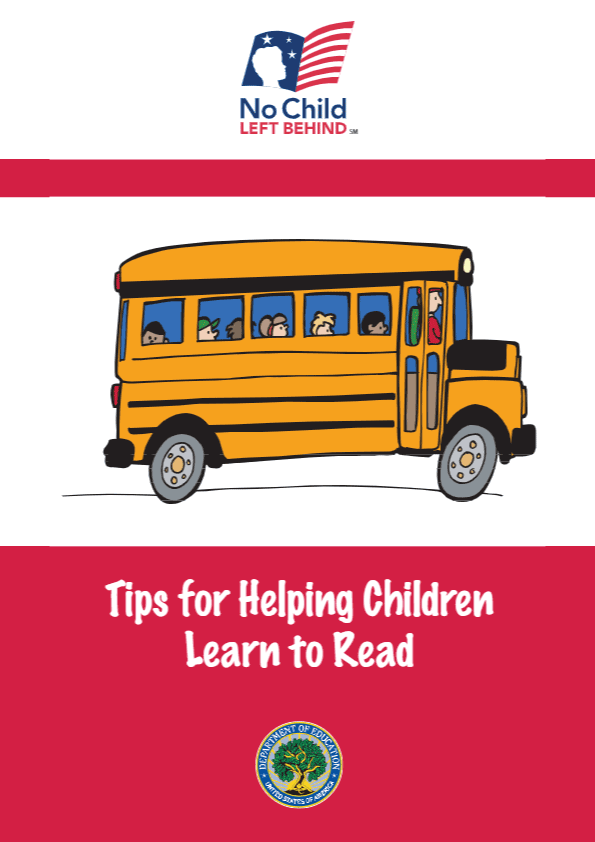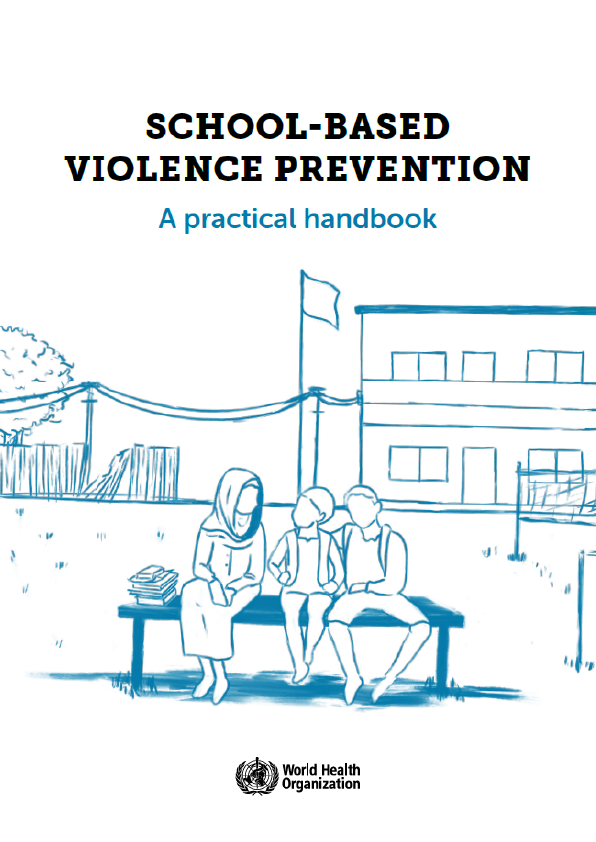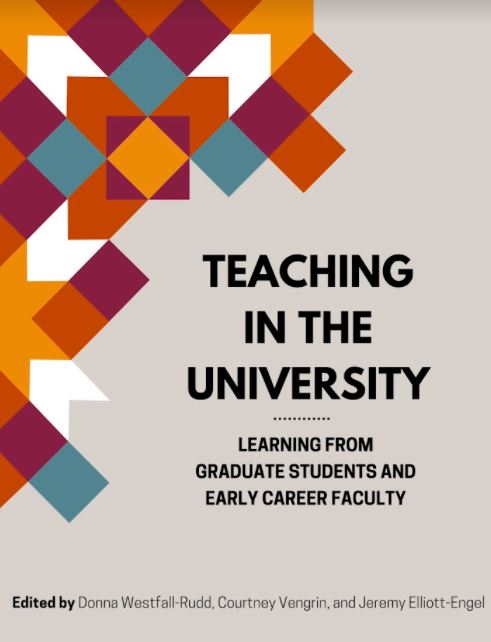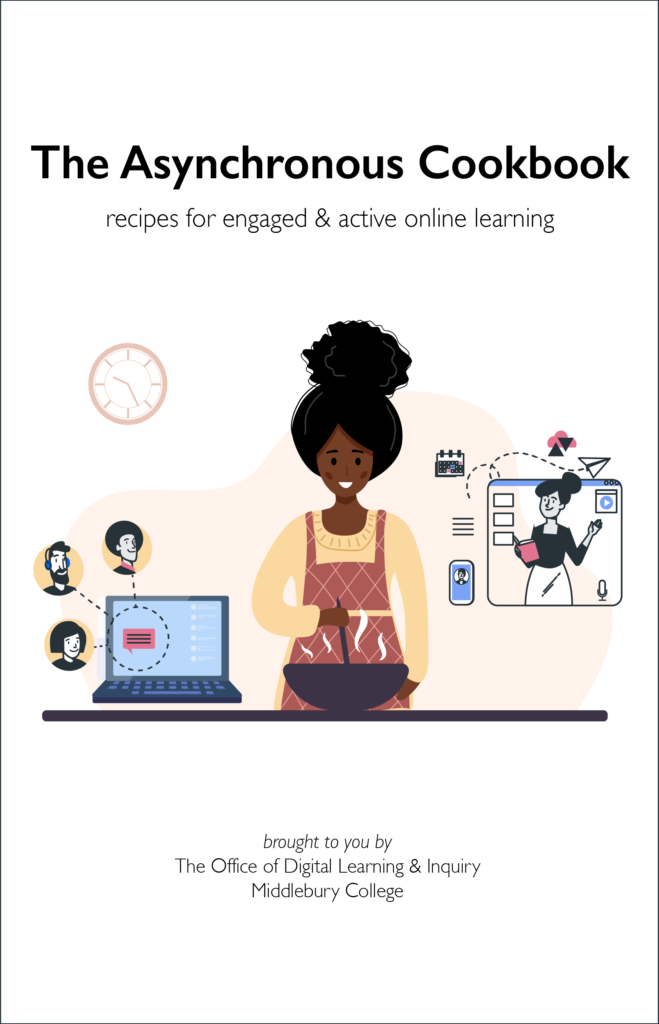Deriving knowledge from personal experience is risky for at least two reasons: (1) first-hand experience may have limited application or relevance in other situations—or as scientists and social scientists like to say, “Anecdote is not evidence”; and (2) display of the self can often elicit harsh personal and scholarly judgments from others. I is a well-established point of contention for the teacher, the researcher and the student—when to allow it, how to use it, whether it is critical, where its use can be rigorous. For most people, forbidding the use of I is an outdated notion (although the majority of students will still admit in their first college classes that at least one of their previous English teachers banned its use), but there seem to be gaps in the critical research supporting theories of the benefits of using I. Current personal writing terminology often carries negative connotations, encouraging scholars to redefine their terms, and in doing so splinters the definition of personal writing. As Karen Paley suggests in her study of I-Writing: The Politics and Practice of Teaching First-Person Writing, a book that came out of her dissertation exploring the implications of personal writing, “the sheer circulation of so many synonyms or near synonyms may be indicative of anxiety about the personal in the academy…. [O]n the other hand, the multiple names may reflect the versatility of the form itself” (10). I will break down current notions of I in this introduction; in later chapters I will include assignments that use I in the classroom both literally and metaphorically.
Tracing attitudes toward the personal and how they have evolved within the pedagogy and scholarship of composition can establish a working definition for the term and lay out the current stakes for personal writing in our departments and classrooms and its potential for interdisciplinary expansion. Practices associated with the expressivist movement, such as free writing, fast drafts and even performance, have made their way into the core curriculum of many English departments, according to composition scholars such as Paley (I-Writing) and Thomas Newkirk (The Performance of Self in Student Writing).
These two books thoroughly analyze the value of expressivist pedagogy as a basis for many popular composition practices. In IWriting, Paley views the entire debate surrounding the use of personal writing through the history of the expressivist movement in composition, concentrating on the debate between David Bartholomae and Peter Elbow, and evaluating the classroom practices of Patricia Bizzell to discover what the expectations are for the personal in the classroom. After evaluating the relevant literature, Paley defines expressivism as:
a pedagogy that includes (but is by no means limited to) an openness to the use of personal narrative, a particular type of the narrative mode of discourse. Personal narrative takes the writer’s own experience as its focus. It involves the use of a narrational I that seems to be the actual voice of the person who writes. Sometimes the narrator may appear to isolate individual consciousness, and sometimes he or she may represent the self in one or more social contexts, such as the family or college community. The narrator may or may not explicitly link the particular situation with those experienced by others (13).
According to Paley, personal writing concentrates on the experience of the individual but may include outside perspectives.
